Margaret Busby: The Pioneering Black Publisher who Upset the FBI
How Margaret Busby Changed the World of Publishing One Book at a Time
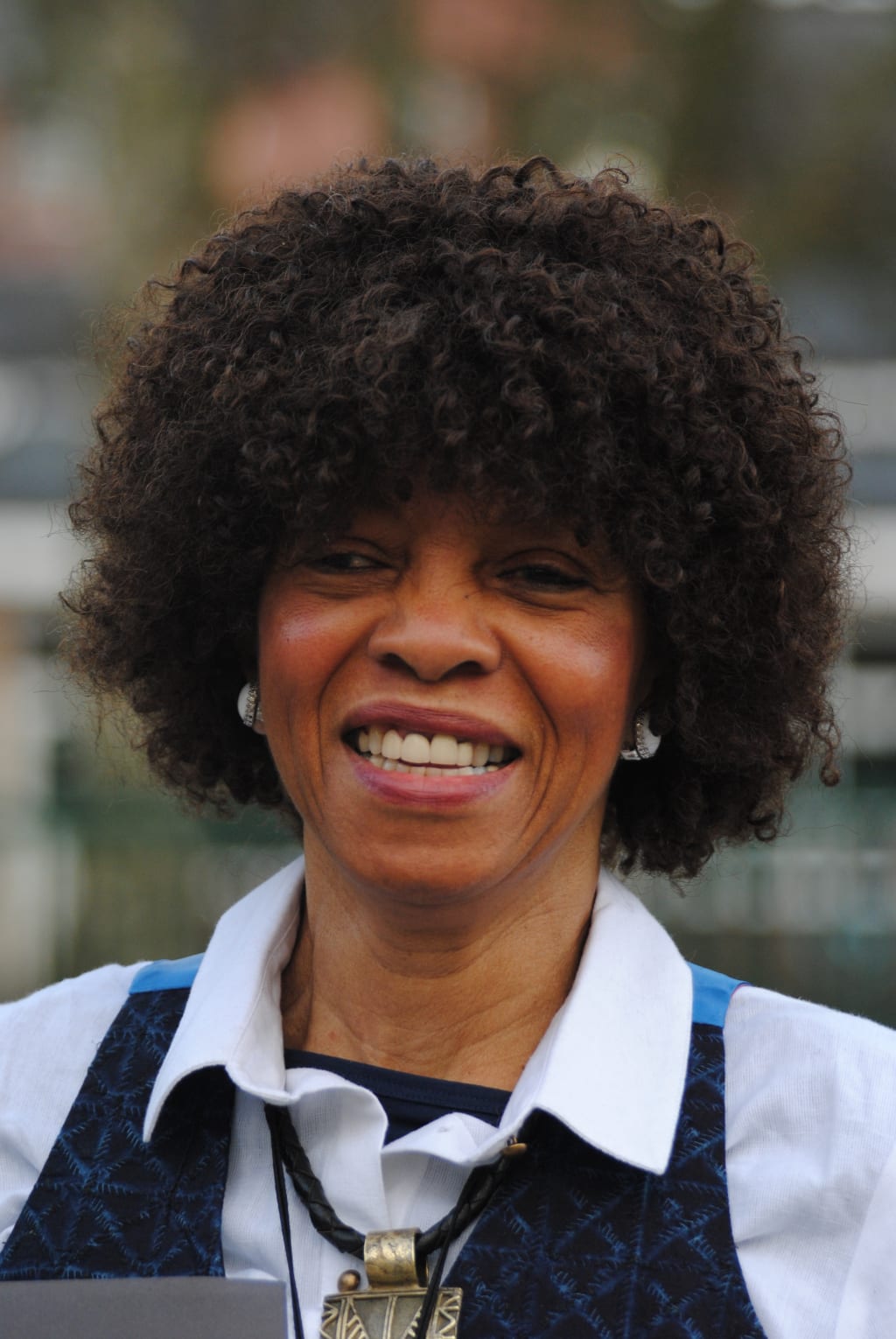
In 1967, Ghana-born, Margaret Busby had the idea to start her own publishing company in Britain with her friend Clive Allison. Not only did they have virtually no money to begin a business, but Margaret was young, female, and black. Who would take her seriously in the competitive world of book publishing?
Margaret Yvonne Busby was born in 1944 in Accra, on the Gold Coast (present day Ghana) to Dr George Busby and his wife Sarah. Both her parents had family links to the Caribbean. Her father had won a scholarship to study medicine in Britain, before relocating to the Gold Coast in 1929. Margaret learned to read through a combination of Nelson Royal Readers, which were very British and very colonial, and her father’s medical books. Her parents scrimped and saved to afford to send her to school in Britain at the age of 6. Her mother restricted herself to a single dress, which she wore during the day and washed and hung to dry overnight, so that not only Margaret, but her siblings George and Eileen, could all receive a good education.
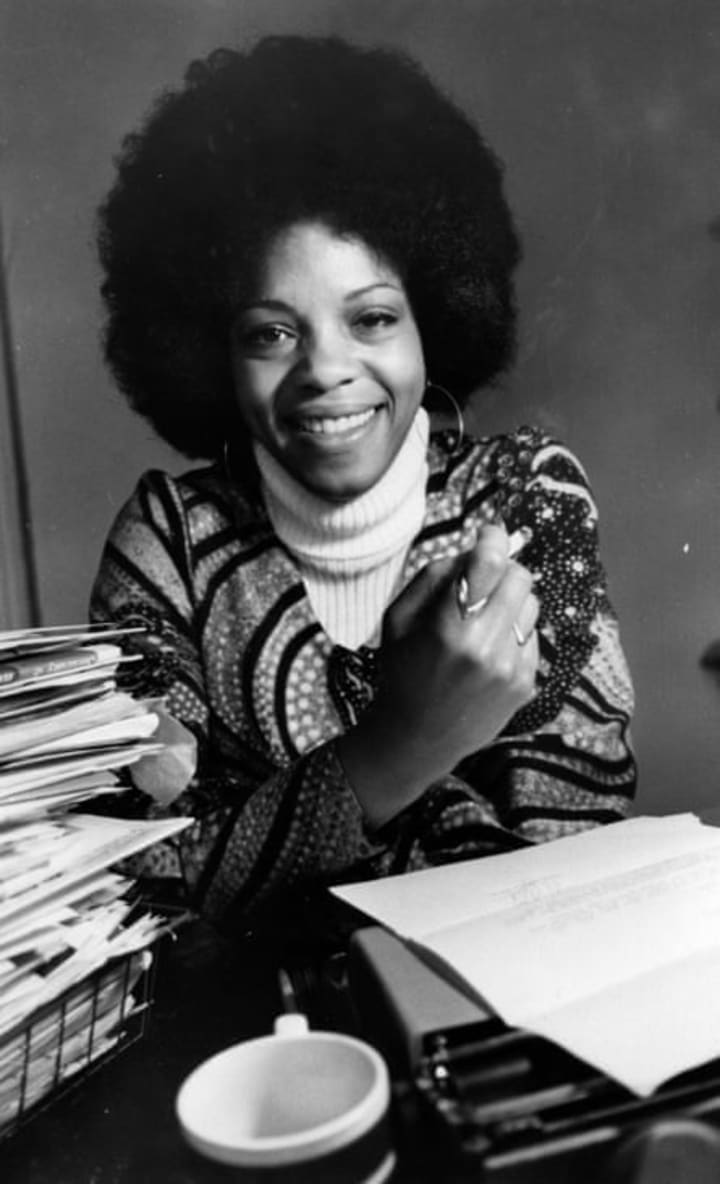
Margaret met her future business partner, Clive Allison at a party in Bayswater Road. When they later went on to found Allison and Busby, Margaret not only became the youngest publisher in Britain at that time (aged 23) but also the first African woman book publisher in the UK. An achievement she had mixed views upon.
“It is easy enough to be the first, we can each try something and be the first woman or the first African woman to do X, Y or Z. But, if it's something worthwhile you don't want to be the only.”
Margaret’s ambitions could not be dented by the challenges she would have to overcome to make her publishing company a success.
“We started off with virtually no money and thought we would go into making volumes of poetry accessible and affordable to young people like ourselves. So we printed 15,000 paperback poetry books priced at 5 shillings. Our idea of distribution was stopping people on the street and asking them to buy our books.”
It was not the most auspicious of starts, but Margaret and Clive refused to give up. Their company, Allison and Busby slowly gained a reputation and is today a highly respected publishing house. Yet it was not always that way and Margaret’s ambition to showcase black writers who were being ignored by other publishing firms sometimes put her into dangerous waters.
A chance meeting with a former US serviceman called Sam Greenlee set Margaret on track for a controversial first book contract. Greenlee had written a novel about an African American man who is hired by the CIA but is given a very visible non-job. The implication was the man had been hired simply to tick a box and improve the CIA’s image. Forty American publishers had already rejected the novel, but Margaret wanted to give it a chance.
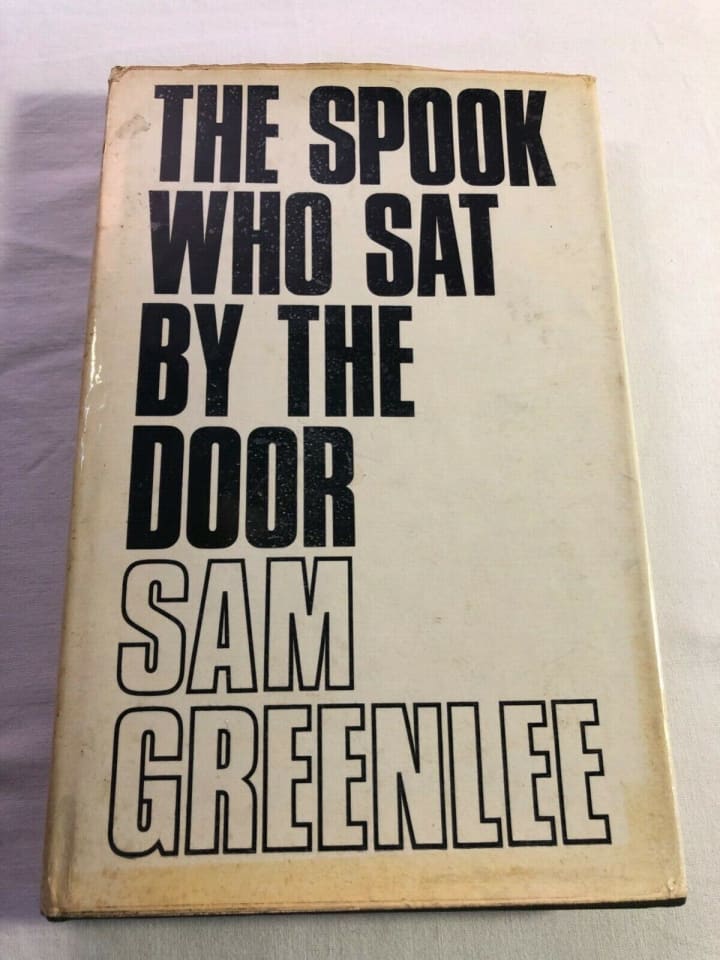
The Spook Who Sat by the Door was published in 1969 and went on to be translated into six languages and was made into a film which was released in 1973. Its reception in America was mixed, the New York Times described it as a ‘parable of institutional racism’ and then speculated if it might start a race war. The FBI forced the film to close early and it was not reissued until 2004. It was another decade before it was finally added to the Library of Congress’s National Film Registry.
Speaking in 2020, Margaret told this story which not only highlighted her own youthful idealism back in the 60s, but also her persistence and determination in the face of controversy, not to mention her eye for a good book.
Thrillers and social parables were not the only thing that interested Margaret, however, and Allison and Busby often published things that just amused them, such as books of songs published to be sung in the bath, and which had waterproof pages!
Despite her triumphs, Margaret faced difficulties because of gender as well as her colour. Though the writers she worked with always fine, ‘everybody from the window cleaner to the bank manager assumed I was just there to make the tea. The window cleaner used to say: “Can you get your boss to pay me?” I’d say: “Yeah, he’s next door.”’ She also had to put up with the assumption that she was sleeping with Clive Allison, despite being married to someone else.
‘I was being treated as some sort of freak – “the girl from Ghana goes into publishing” – as if they were saying: “Black girl can read.” That was the society we were part of and what I was used to, so I just got on with what I was doing.'
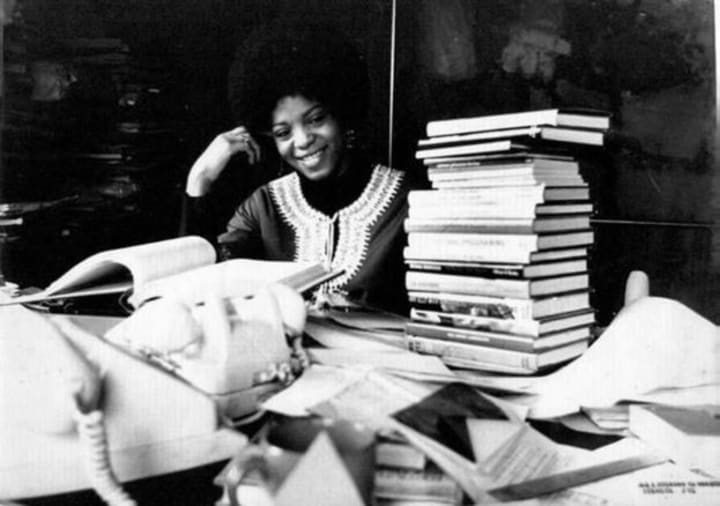
Though Allison and Busby have never exclusively published Black authors, its championing of them in times when other publishers were not interested and exploring their work cannot be ignored as a springboard for having their voices heard. It has been described as a major catalyst for bringing African writers to the attention of the reading public.
Clive and Margaret’s business partnership ended in 1987 when W.H. Allen bought out the company. They kept on Allison but could not find a position for Margaret. Margaret was yet again undaunted; she moved on into freelance work, thriving and continuing to be a driving force behind equality and change.
Today, Margaret remains a champion of Black writers and young writers in general. The revolution of the internet and being able to become your own publisher has, she believes, helped democratise the world of publishing.
“Nowadays, the technology permits you to be your own publisher and editor, which should encourage a lot of us, especially our young people, to write and express themselves.”
However, she remains concerned that certain voices can slip between the cracks. When she discovered that 91% of Wikipedia editors were male, she began writing anonymous entries for overlooked women in an effort to redress the balance.
Margaret’s achievements have happened largely in the background, compared to other famous Africans. Many writers, let alone readers, are unlikely to know her name or to appreciate that Allison and Busby was such a pivotally important publisher back when it was founded. However, in recent years Margaret has begun to be recognised for the impact she has made on the world of publishing. In 2018, as part of the celebrations of the 100th anniversary of women’s right to vote, The Voice newspaper listed Margaret Busby among eight Black women who have contributed to the development of Britain. She was named as one of 14 inspirational Black British women throughout history by the Evening Standard and was featured in an exhibition entitled Rights for Women: London's Pioneers in their Own Words which was staged at the Senate House Library from 16 July to 15 December 2018.
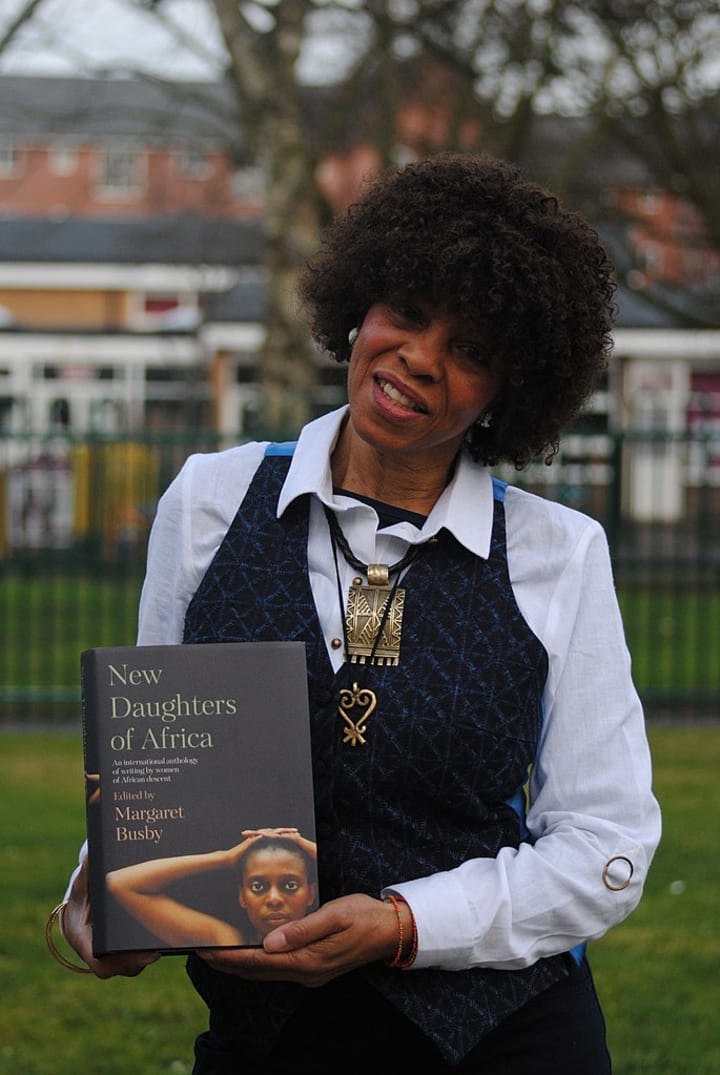
Described as a pathfinder, a cheerleader, a defender and a celebrator of black arts, Margaret Busby has changed the face of British publishing, has changed the face of Britain, all for the better. She still believes there is much work to be done and there remains a lack of diversity within the world of publishing, but she remains hopeful for the future, and with a voice like Margaret’s behind them, anyone could succeed, for, as she puts it:
‘as much as asking “them” to do things for us, we need to talk more with each other, [about] what we do for ourselves.”
About the Creator
Sophie Jackson
I have been working as a freelance writer since 2003. I love history, fantasy, science, animals, cookery and crafts, (to name but a few of my interests) and I write about them all. My aim is always to write factual and entertaining pieces.






Comments
There are no comments for this story
Be the first to respond and start the conversation.